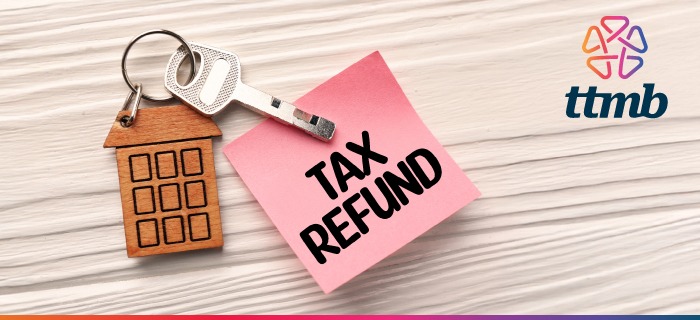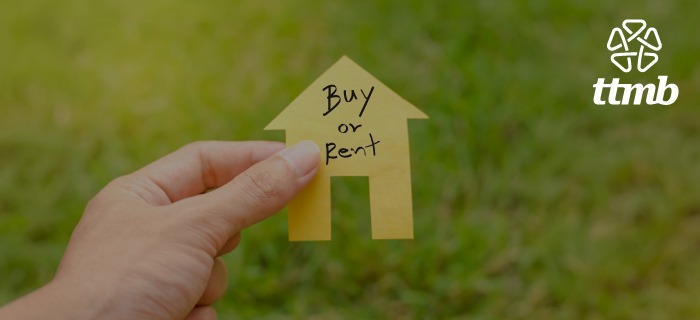We get it – saving for a down payment to buy your first home or land, seems to be full of unexpected challenges. For you, tertiary education expenses, high rent or even a lower-than-expected salary are significant hurdles that have made your dream of homeownership appear difficult or even impossible to achieve.
You may have set goals, say getting your own place by age 35, but with mounting debt and expenses and no real financial plan and you may be trapped in a debt cycle that you do not know how to escape.
If you want to be free of this uphill fight against debt, start today. Build the habits that will get you to freedom. Here’s how:
1. Make a plan and stick to it
Are you motivated by saving the most money while still paying off your debts, or do you get motivated by seeing quick progress? Whichever one you choose, develop a plan that is right for you, one that helps you tackle your current debt the right way.
2. Choose a strategy to attack your debts
Consider the debt snowball method. Start listing out all your debts, from the smallest amount to the largest. Pay the minimum balance on each one, but with the smallest, dedicate as much cash as possible each month until it is repaid. When you get that first one paid off, move on to the second-smallest debt. According to Harvard Business Review, this ‘snowball’ method is the most effective strategy because you are more likely to stay motivated if you can see your debts disappearing. Watch how you are snowballed towards debt freedom.
3. Draw lines – Give up what you do not need
When trying to get out of debt, what is the worst thing you can do? You guessed it, create more debt. Figure out your weak spots/temptations and set firm boundaries to keep you from falling into them.
Start tracking exactly where your money goes each month. You might be surprised by how much you are spending on things you may not need.
Keeping track of your monthly expenses can help put you one step closer to reaching your homeownership goals.
4. Hustle … hustle real hard
In addition to keeping your spending in check, look for ways to potentially increase your income. After all, you can only slash your expenses so much, but with extra funds, you can pay more toward your debt or savings.
5. Figure out what you really can afford – in real time
While you are working on getting your financial habits in a gear, you can start researching all of the costs involved in getting your home or land. You can consider a new home, a fixer-upper home or buying land and building.
Use this time to get a realistic idea of what you can afford. Try our online Mortgage Calculator which lets you know how much you can afford, your interest rate and monthly payment.
Apart from the mortgage payment itself, be sure to factor in the down payment, potential debt consolidation needs, closing costs; insurance, and other fees that you’ll also need to save for, ahead of applying for a mortgage.







